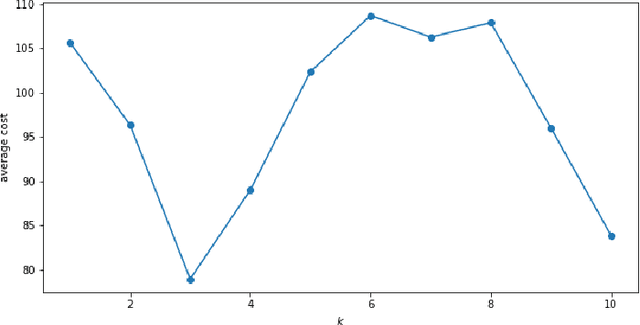Fred Fontaine
Generalizing Across Multi-Objective Reward Functions in Deep Reinforcement Learning
Sep 17, 2018



Abstract:Many reinforcement-learning researchers treat the reward function as a part of the environment, meaning that the agent can only know the reward of a state if it encounters that state in a trial run. However, we argue that this is an unnecessary limitation and instead, the reward function should be provided to the learning algorithm. The advantage is that the algorithm can then use the reward function to check the reward for states that the agent hasn't even encountered yet. In addition, the algorithm can simultaneously learn policies for multiple reward functions. For each state, the algorithm would calculate the reward using each of the reward functions and add the rewards to its experience replay dataset. The Hindsight Experience Replay algorithm developed by Andrychowicz et al. (2017) does just this, and learns to generalize across a distribution of sparse, goal-based rewards. We extend this algorithm to linearly-weighted, multi-objective rewards and learn a single policy that can generalize across all linear combinations of the multi-objective reward. Whereas other multi-objective algorithms teach the Q-function to generalize across the reward weights, our algorithm enables the policy to generalize, and can thus be used with continuous actions.
 Add to Chrome
Add to Chrome Add to Firefox
Add to Firefox Add to Edge
Add to Edge